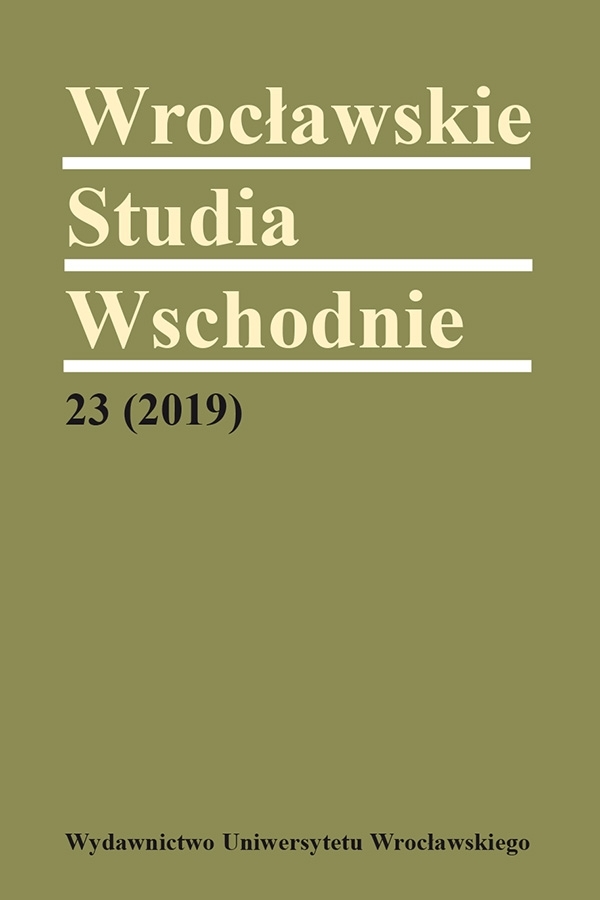

Artykuły

Из истории литовско-польских караимов в ХХ веке
Караимы — это религиозная и одновременно этническая группа с очень интересной историей и культурой, сформировавшаяся в Крыму около Х века. На литовско-польских землях они живут с конца XIV века. Они сохранились до ХХ века как небольшое меньшинство, в межвоенный период их количество не превышало 1000 человек. Главные скопления караимов находились тогда в Тракае, Вильнюсе, Паневежисе в Литовской республике, в Луцке и Галиче. Они выделялись довольно большой культурной активностью в различных сферах. Однако первая и вторая мировые войны негативно повлияли на так малую общность. Многие погибли во время военных действий. Большинство было переселено, и это вызвало их рассеяние и ассимиляцию в чужом окружении. Большую угрозу для караимов представлял и коммунизм, борющийся со всеми проявлениями религиозной культуры. Несмотря на это, и в настоящее время в Литве и Польше они стараются существовать как особенный народ, хотя в намного меньшем количестве, чем перед войной.
On the history of the Lithuanian-Polish Karaims in the 20th century
The Karaims are a religious and ethnic group with a very interesting history and culture, who emerged in Crimea around the 10th century. They settled in Poland and Lithuania in the 14th century and survived until the 20th century as a small minority — in the interwar period their population did not exceed 1,000. At that time their main centres were in Trakai, Vilnius, Panevėžys in Lithuania as well as in Lutsk and Halych. They were very active in various areas of culture; however, both the First and the Second World Wars had a negative impact on this small community. Many of its members perished during military operations. Most were forcibly resettled, as a result of which they dispersed as a community and became assimilated in foreign environments. Just as dangerous to them was communism, which fought any manifestations of religious culture. Nevertheless, today the Karaims still try to live as a distinct people in Lithuania and Poland.